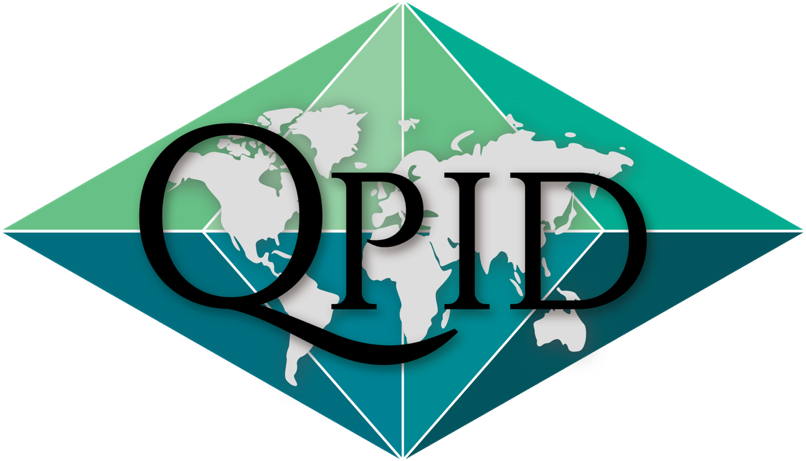Service Learning–Who Benefits?
A couple of summers ago, I went to Jamaica for a month to volunteer with an organization that ran a literacy camp in one of the local schools in Negril. During this trip was the first time I heard the phrase, “service learning.”
In a recent session I had in my “Educators Abroad” class, we discussed service learning. The definition the class was presented with was the following:
“Service learning is a pedagogical approach that blends meaningful community service and reflection with course content.”
The class revolved around our duties guests in other countries, and how can we involve service learning in our classrooms and other school initiatives.
I am always wary of travelling to a developing country to build a school, or construct a playground for the community. Though on the surface, I can see what these organizations are aiming towards, sometimes (most times) these projects cause the community more harm than good. For example, volunteers who are not trained in construction are building structures for a community that might not even be able to use it because they don’t have the resources to sustain the building.
Something that really stuck with me during my class about service learning is that we should switch the order of that phrase; instead of “service learning”, it should really be “learning service”. The emphasis on learning first is important, especially when you are entering another community or culture that is different from your own. It is so important to be informed and educated about what is going on in the community you are attempting to help. What makes us think that you we what the community needs? You don’t live there–they do. They know which is the best project to pursue. This is why you need to LEARN first about what SERVICE you will then conduct. It makes no sense to come into a community and say, “Ah, yes, I am from North America (as an example) and I know exactly what you need as a community!”
Service learning involves listening and supporting, both jobs that involve you to be of service to someone else. You learn from them, you then service them. It’s as simple as that. So please, next time you plan to go build a school in a community who you believe needs it, you need to do your research. Will that community benefit? Do you even know how to build a school?
For service learning to be effective, we have to educate ourselves. I struggle everyday wondering if what I did in Jamaica could actually be considered as service learning. I went into a community, and I taught literacy to a group of students who seemed to want to be there, but is that what that community needed? Or did they need us to come in and help educate other people (like parents, or care givers) how to teach literacy to their kids? I am still not sure what the right answer is; however, I will end off by saying that with my experience in Jamaica, I definitely think I learned more from them than they learned from me.
Written by Melissa Meadows, QPID’s High School Outreach Conference Coordinator
